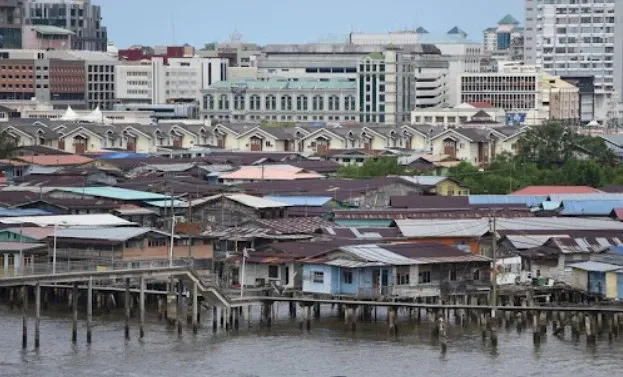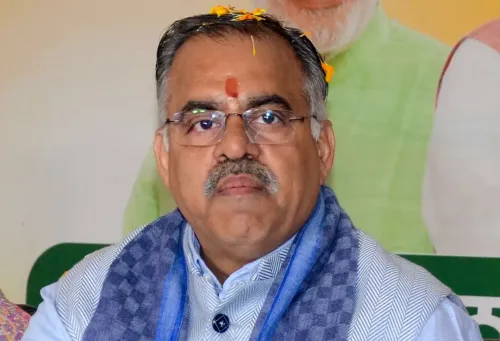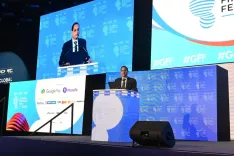Why Are Food Prices Increasing Despite Negative Inflation in Brunei?

Synopsis
Key Takeaways
- Food prices in Brunei have significantly increased despite a dip in overall inflation.
- Global factors and local market conditions are driving these price hikes.
- The government is actively working to maintain affordability for essential goods.
- Brunei Vision 2035 outlines key goals for the nation's future.
- Collective responsibility is essential for building a resilient economy.
Bandar Seri Begawan, Aug 5 (NationPress) Numerous families in Brunei are still voicing worries about grocery costs, even though the overall inflation has either stabilized or dipped into negative territory, as reported by the local publication Borneo Bulletin on Tuesday.
Recent statistics comparing the average prices from June 2025 to those in 2019 reveal a substantial rise in food prices for various essential items. Significant increases have been observed in frozen minced beef, fresh lamb, chillies, tomatoes, and cooking oils, according to the Department of Economic Planning and Statistics (DEPS) as cited by the newspaper.
The DEPS, operating under Brunei's Ministry of Finance and Economy, stated that these price surges are influenced by global elements such as supply chain disruptions, weather-related effects, and geopolitical tensions, along with local market factors like production expenses and a reduced scale of production, as reported by the Xinhua news agency.
Brunei is navigating these challenges more effectively than many neighboring nations, as the price increases have been relatively modest, and essential items remain affordable due to targeted governmental interventions, according to the DEPS.
Located in the northern region of the island of Borneo in Southeast Asia, Brunei is the nation with the smallest population in Asia.
In a related note, Brunei's Legislative Council stated on Monday that strategic implementation measures and action plans aimed at fulfilling the primary objectives of Brunei Vision 2035 are being carried out through various manpower, social, and economic blueprints.
Haji Halbi bin Haji Mohd Yussof, minister at the Prime Minister's Office and Second Minister of Defence, mentioned that global circumstances are uncertain, and the country is experiencing effects from geopolitical conflicts and economic instabilities. To ensure Brunei achieves the goals set out in Vision 2035, the council advocates for integrated actions and support through a comprehensive national approach.
As reported by Pelita Brunei, Brunei Vision 2035 outlines three primary objectives: cultivating highly educated and skilled citizens, ensuring a high quality of life, and fostering a dynamic and sustainable economy.
The minister highlighted that these interconnected goals are essential for creating an inclusive, advanced, and resilient nation. Success necessitates collective accountability and active involvement from all societal levels without excessive dependence on the government.









